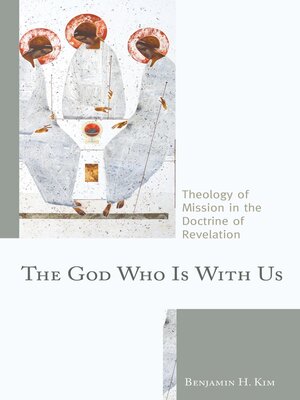
Sign up to save your library
With an OverDrive account, you can save your favorite libraries for at-a-glance information about availability. Find out more about OverDrive accounts.
Find this title in Libby, the library reading app by OverDrive.



Search for a digital library with this title
Title found at these libraries:
| Loading... |
Contemporary theologies of mission rely on the central concept of the missio Dei, which states that mission properly belongs to the triune God over the church. However, present accounts fail to establish any corresponding link between God's trinitarian economy and ontology. In other words, the problem of the missio Dei is the problem of the break between the act and being of God. Benjamin H. Kim argues that a repair is needed for missio Dei theology, and this repair is found in reexamining Barth's doctrine of revelation. In doing so, the locus of mission moves from God's trinitarian sending to his trinitarian revealing. The repair is further advanced by Dietrich Bonhoeffer through his concept of person, which functions as the unity of act and being. This account returns mission to its original definition, which was intended to describe the inner-trinitarian being of God in relation to humanity. The concept of person recovers this meaning of mission by locating it first in the person of Christ and second, in the collective person of the church existing as the Christ community. Thus, Bonhoeffer's description of revelation in terms of personhood provides and account that is more faithful to the missio Dei's core insights.






